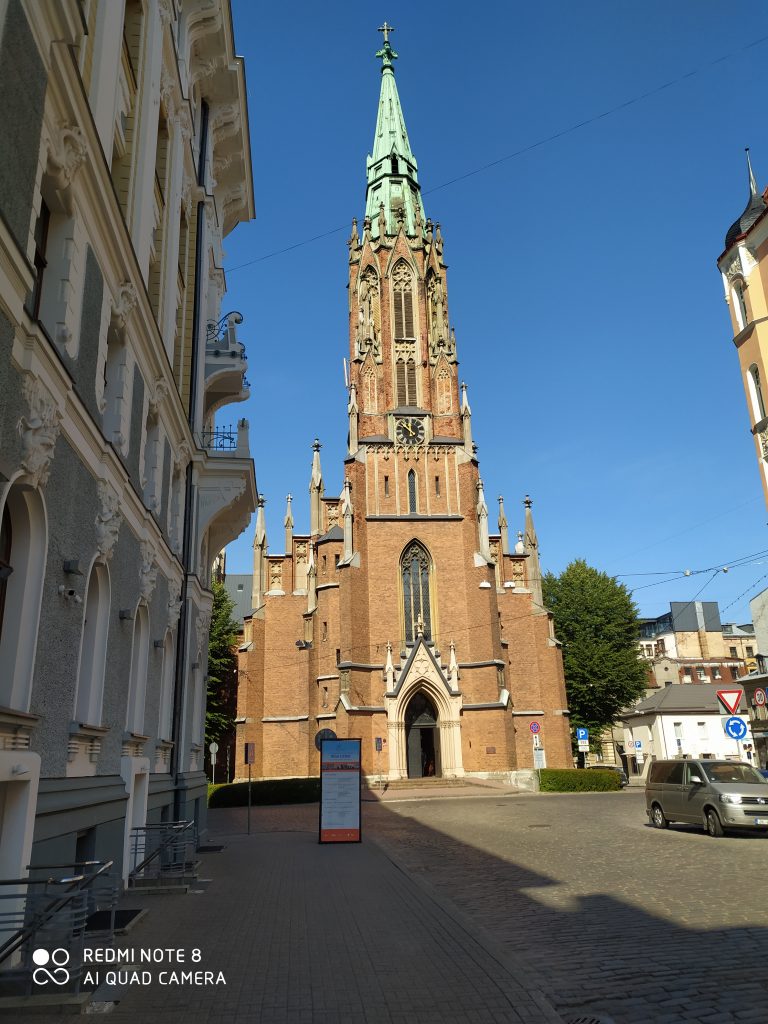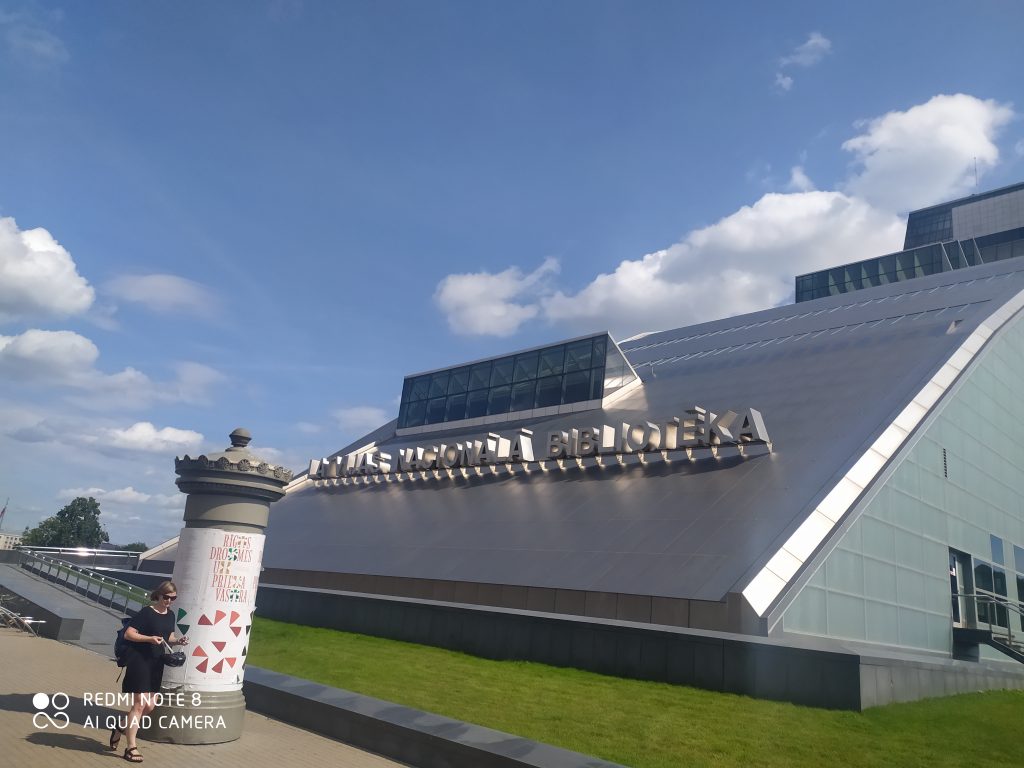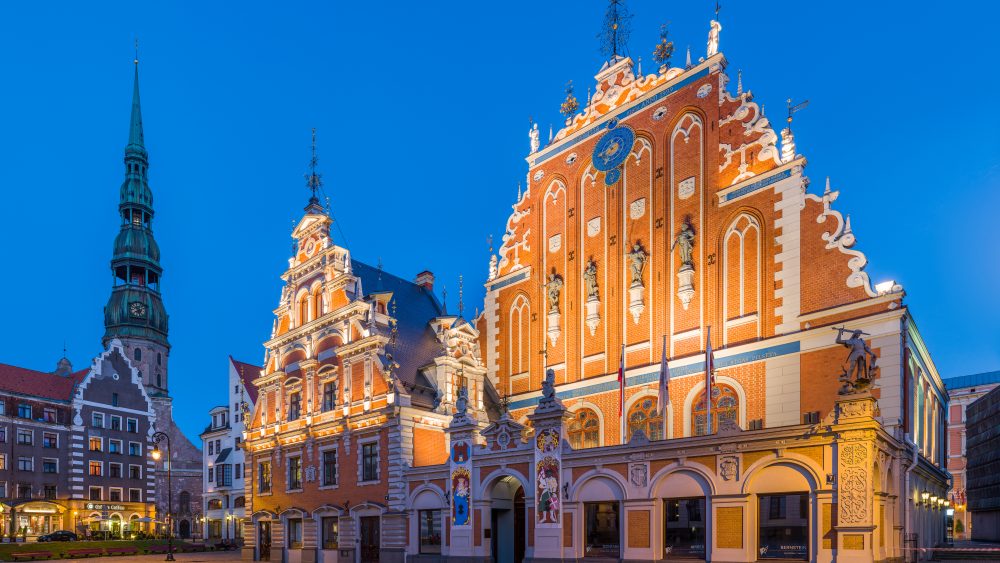by Khasan Sayfutdinov, Senior Lecturer in Law at Westminster International University in Tashkent
Secondment at Riga Graduate School of Law
Riga Graduate School of Law (RGSL) is a specialised law school that teaches international and EU law at Bachelor’s and Master’s levels. The school building is located in the historical Art Nouveau block in Riga. In first days at Law School, we were welcomed by the director of the school and provided office and all resources for our research. The library has access to all the latest online publications via leading platforms such as Kluver Arbitration, West Law, etc . During the summer, the school was active by hosting workshops and seminars for academics in the EU Law.
My research
My research topic is focused on assessing legitimate expectations of foreign investors in Uzbekistan. The purpose of the interviews was to gain an understanding of the legitimate expectations of foreign investors and public regulators in international trade and investment commitments in the field. During the secondment in Riga, I analysed and conducted some focus group discussions where the group consisted of both investors and businesspeople who have registered business in Uzbekistan. The focus group discussions followed interview questions. The questions were categorised into types of legitimate expectations. One of the main topics was the nationality of a foreign company when shareholders have different nationalities. The qualification of legal or juridical persons as investors may raise more complex issues than the ones presented for natural persons, especially since the ICSID Convention does not provide a definition of legal persons.[1] The questions reminded the case of Tokios Tokeles v.Ukraine[2] . In this case, the Tribunal analysed the claimant’s nationality, which was incorporated under the law of one contracting States but controlled by nationals of the host State. It is the same situation when a citizen of Central Asian countries registers a company in the European countries and invests in Central Asia as a foreign investor since their company has foreign registration.
Getting around in Riga

Riga has a good public transportation system where you can get to the other side of the town within 20 minutes. Tickets can be bought by using a mobile application. A public scooter was another option for getting around. Riga International Airport is very convenient, and I have not experienced luggage issues like other airports in the European Union during the summer.
Language: Most of the young population speaks English, but when it comes to people over 40, I have to communicate with them in Russian.
Accommodation: I had an excellent Airbnb experience the location of the apartment was in the centre and 10 minutes work from the law school.
Weekends
Riga offers many public parks where you can spend your time reading, and the national library also provides a working space for research and coting group discussions.
Riga Central Market is one of the biggest markets in Europe. The bazaar was built from abandoned German 1st World War Zeppelin hangars. The market works in the same way as in Central Asia, where you can find fresh products and some small restaurants in the market territory.

Forests in the town:
Mežaparks (Forest Park) is located in North Central Riga. The park was built in the early 20th century and was originally called Kaiserwald. It was one of the world’s first garden cities. The park also served as a concentration camp during the Second World War. Today it is still one of the largest forest parks in Riga, where you can have a quiet afternoon among tress and have some yoga and jogging sessions.
[1] Yannaca-Small, K., Who is Entitled to Claim?: The Definition of Nationality in Investment Arbitration, in Arbitration Under International Investment Agreements: A Guide to the Key Issues, 2nd ed., 2010, para. 10.22.
[2] Tokios Tokelés v. Ukraine, ICSID Case No. ARB/02/18, Decision on Jurisdiction, 29 April 2004

